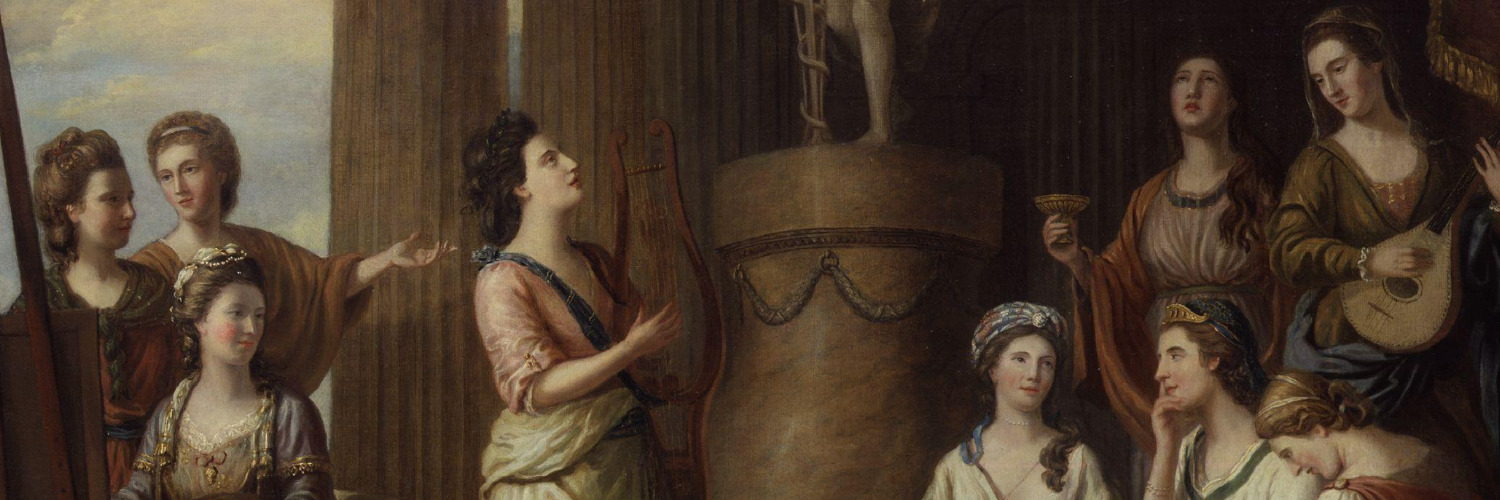- Physical form: One sheet folded into 2 leaves (18.7 x 23.4 cm); fol 2r is blank, 2v is cover
- Cover: Miss Rickards
- PM: None
- WM: Crest [center lost to tear] / 1802
- SM: Misc MS 4356
Had you rather receive a scrap of a letter than none? Yes you say. then the scrap you shall have, just to thank you for yours, & to tell you that we are all well, but I am very busy, being, as I believe you know, deeply engaged in the job I have, perhaps rashly, undertaken. Indeed I have at present a charming opportunity, which I think I might as well use, of getting clear with all my correspondents at little expence of my own invention. For cannot I send them some brilliant paragraphs from Richardson, from Sheridan, from Mrs Carter, from Dr Young, all whose letters lie before me at my mercy[?]
And for elegant compliments in which I never dealt much, I might sprinkle every page with them—The elegance the delicacy of my dear Miss Lydias mind, her
amiable
[fol 1v] amiable grateful attentions to her respectable parent—the diversified employments which fill up her well spent day the social ease & comfort enjoyed at her fireside—No, hang it, this will never do! I thought I was going on very currently in the complimentary strain, & I perceive my stupid brain has only stumbled upon downright truths. Well, I ought to conclude with making an apology for my scribble not scrawl that word seems to have succeeded it—unfortunately this will be founded in truth also. Before I do conclude however let me tell you that I found your letter, I knew I had not burnt it, & so I inclose it— [one word x’d] [four full lines x’d] Lydia. [remainder of line x’d]
Adieu, adieu, Love Compts &c
Yours truly
S. Newington

